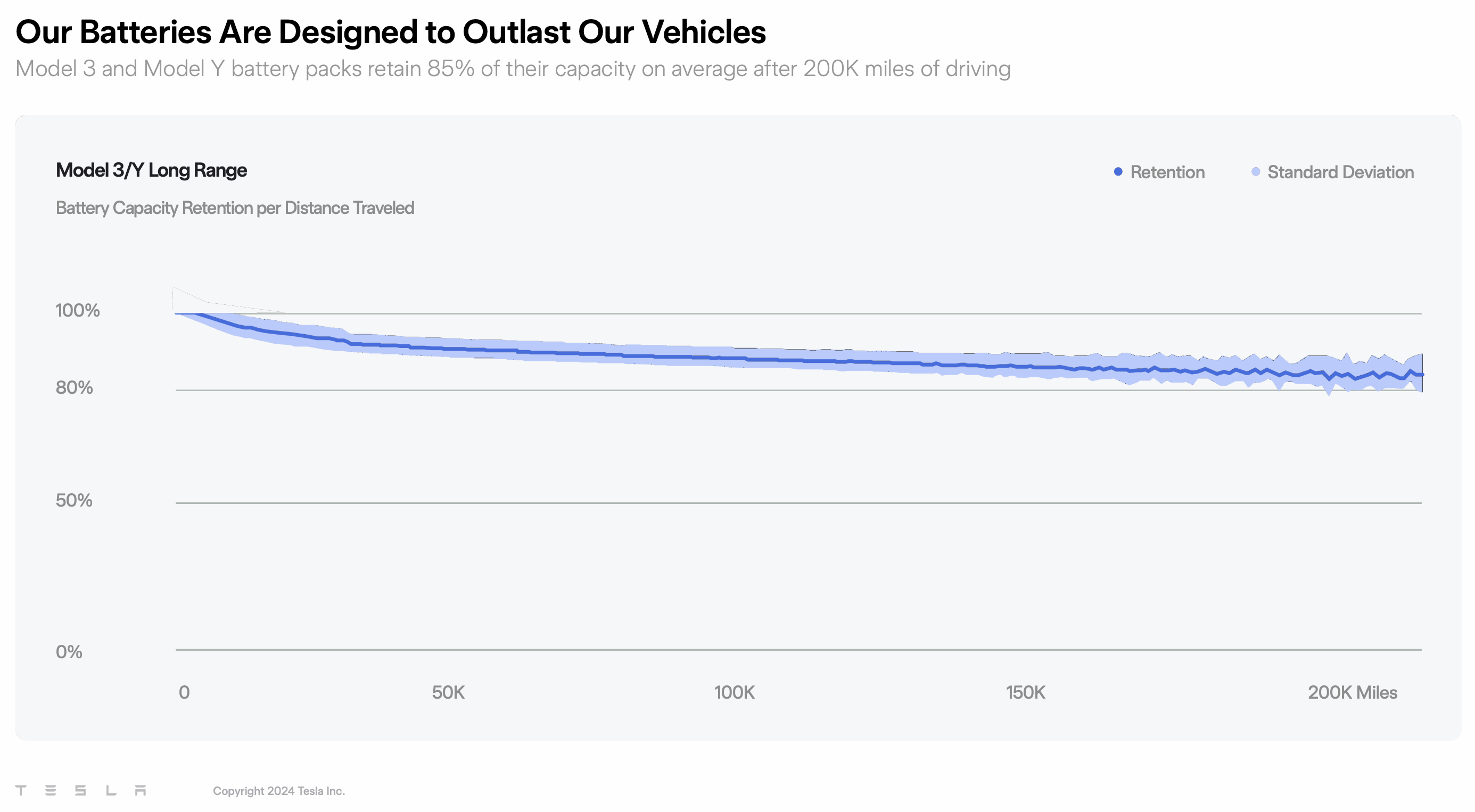Global lithium miner Allkem has reviewed and updated technical studies for its key projects and operations across the globe.
These studies will assist Allkem in preparing for the proposed merger with Livent, a lithium technology company.
Allkem and Livent announced a definitive agreement in May to merge both companies to create a global lithium chemicals producer. The deal is worth $US10.6 billion ($15.7 billion).
To support the merger, the updated findings from the studies conducted at Allkem’s Olaroz, Sal de Vida, Cauchari projects in Argentina, the James Bay project located in Quebec, Canada, and Mt Cattlin in Western Australia confirmed the robust economics and Tier 1 nature of Allkem’s asset base.
For example, the production forecast at Mt Cattlin for the 2024 financial year is set at 210,000–230,000 tonnes.
“These project updates confirm the robust economics and Tier 1 nature of our asset base, further derisking company growth, future production and profitability,” Allkem managing director and chief executive officer Martin Perez de Solay said.
This is supported by Allkem’s total group resources now equalling to about 40 million tonnes of lithium carbonate equivalent (LCE).
“The studies which are underpinned by our significant operating and project development experience demonstrate low costs and low capital intensity that will maximise margins and shareholder returns throughout the pricing cycle,” Perez de Solay said.
“The Allkem project portfolio provides us with a solid base to enhance our vertical integration strategy and relationships downstream in the global supply chain.”
The growth projects will be fully funded from existing corporate cash, existing or new corporate debt, project finance facilities and cash flow from operations.
The studies also found that there is potential for further multiple large-scale expansions at the Olaroz, Sal da Vida, James Bay and Cauchari projects specifically.
Allkem is expected to deliver 179,000 tonnes of LCE production capacity by the 2028 financial year (FY28).



